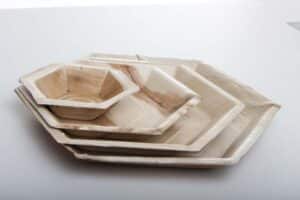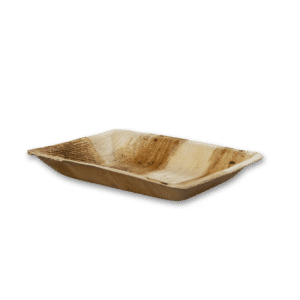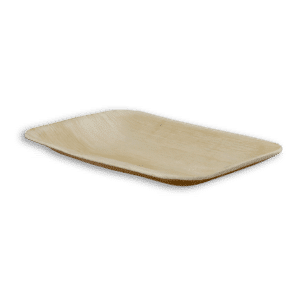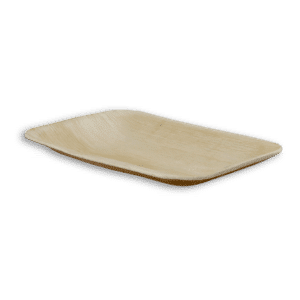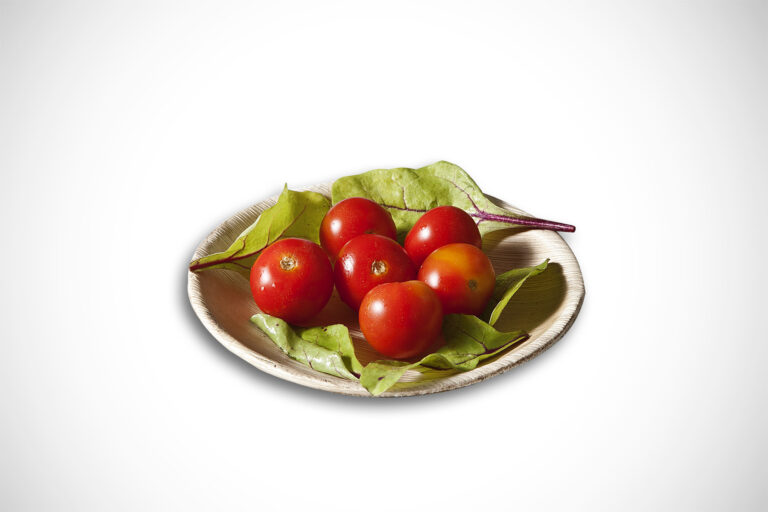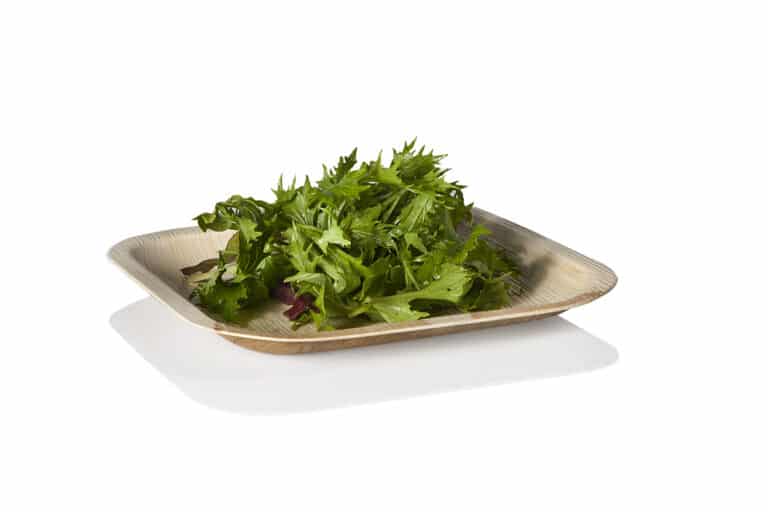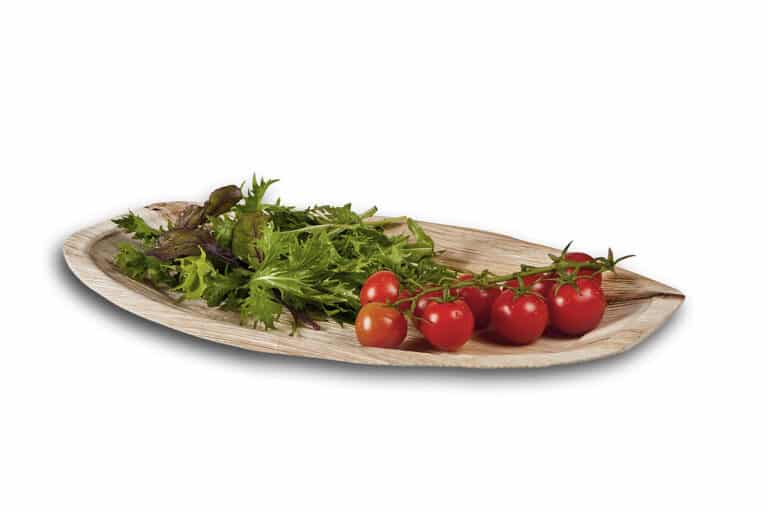Being and living in an eco-friendly and a sustainable way is much easier than you imagine. The thing is we just need to think a bit. We want to introduce a great way to be eco-friendly and sustainable. On the way be great as well to your close community. The Zero km sustainable food concept. Zero km sustainable food is a concept that first appeared in Italy a few years ago. While using sustainable Areca leaf plates, it’s just obvious to eat and purchase sustainable food. We are sure things are attached.

Zero km sustainable food
Zero km food is food that is basically produced, sold and eaten locally. Food that has traveled zero kilometers or to be more accurate, less than 100 km. Because zero km is a really impossible mission, let’s admit it. Mainly it refers to non-industrial fruits, vegetables, cheese, meat, honey and other non industrially produced foods. Food that does not go through global trade chains, therefore it does not have big price margins. And no quality loss during long storage in international supermarkets. It also has an important sustainable aspect which can not be overseen. Since there is nearly no transport involved (we buy from the shop on the corner), the environment does not suffer from direct and indirect pollution. This can be the most eco-friendly purchase you are doing. In addition you obviously support local trade and the local economy and get freshly and tasty products.
But the Zero km food concept has much more eco-friendly advantages than you can imagine. It is also relevant for sustainable development for several reasons.
The 3 advantages
First of all, Zero km food is highly connected to food sovereignty. Both countries and local communities should have the right and possibilities to grow their own food. This decreases the dependence on global food players. The people have the right to define their own food systems.
Second thing, Zero km food supports the rare and unique food species which should be kept and not lost. For example more than 100 species of potatoes exist only in Ecuador which continue and support eco-diversity in that country. Another good example of the commitment to eating locally also ensures the preservation of rare food species, is the Romanesco broccoli, also known as Roman cauliflower originated in the Lazio region, Italy, sometime within the 15th century. If the Romans neglected to grow, harvest and eat Romanesco all these years and instead go for imported broccoli, this striking flower bud which remarkably resembles a fractal, may have gone extinct. Zero kilometer food keeps unique species like these alive and promotes eco-diversity.
Third thing ,Zero km food is important from the perspective of tourism and nation branding. Each country has its own traditional food, more or less famous, depending on the country. These traditions should be kept, both for the nation’s pride, identity and nation brands, but also for tourism. People travel to various places, and their aim is to taste local food produced locally which can not be found somewhere else. In tourism Zero km food has a huge role.
Italy’s case
The Zero km sustainable food principle begins with Italian people’s dedication to local and regional specialties. Italy is divided into twenty regions, each with their own distinct recipes and culinary traditions. Italians say “Paese che vai, usanza che trovi” meaning different places that you visit, different customs you’ll find. People take pride in the cuisine of their hometowns, and identity is deeply intertwined with food. The lines between people, tradition, family and food are often blurred. Something as simple as eating the kind of pasta unique to one’s region, has the ability to emotionally connect them with their homes, their families and their family’s traditions.
When you see Italians reading labels in the local supermarket, they are likely not searching for the calories. But for the origins of the product. In Rome’s supermarkets you will find labels with “100% milk from local cows” and “eggs from the heart of Lazio” (Lazio is the Italian region in which Rome is). If it is not from the region many times it will go back to the shelf.
Italians also respect the cycle of nature, meaning they eat seasonally. They are perfectly okay living without strawberries in the winter, because they have ripe, freshly harvested apples, oranges and pears to enjoy. For them, nature is a flawless provider, and in-season products define their dishes year round. This mentality also eliminates the need for importation of non-seasonal products and therefore minimizes pollution from transportation.
All connected
Areca leaf plates are sustainable. While purchasing Areca leaf plates, you actually help small rural family based operations. When buying Zero km food you are helping a local farmer and his family. In both cases you purchase in a sustainable way and help local communities.
There is no sense to purchase Areca leaf plates and use them for industrial food.
Same with seasonal foods or imported fresh called foods. Try supporting the livelihood of your local community instead of purchasing imported fresh food from other parts of the world. Seasonal food deserves sustainable plates.
Areca trees grow only in southern regions of India and in some parts of Sri Lanka. Unfortunately they grow only there so import is a must. If it was possible to grow these trees elsewhere, we would be the first to do so!
